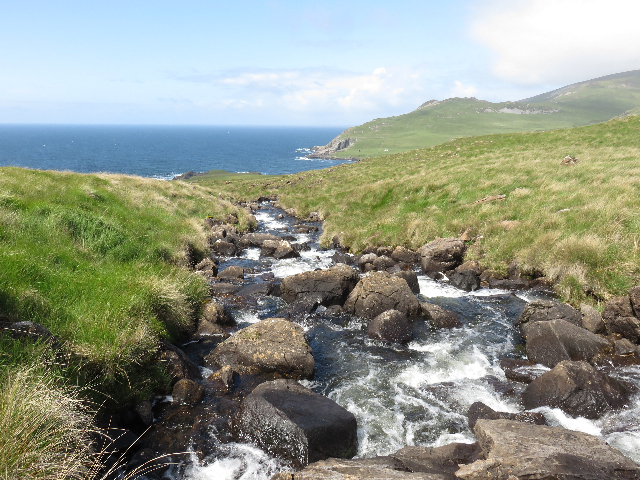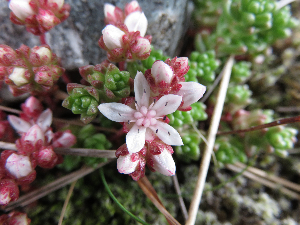Greetings from a rainy and windswept Bournemouth! Well we can't complain really, as we've had a wonderful Indian summer, and there's probably a bit more of it to come. As we go into the autumn/winter season, here's a summary of what the CGO Ecology team has been up to lately.
A338 major rebuild works - We've been working closely with Dorset County Council for a year on preparatory surveys, mitigation and habitat restoration/enhancements for this project. All the hard work has been worth it, and we now have 17km of reptile-free verge, ready for the machines to start work on totally rebuilding and slightly widening the crumbling dual carriageway. The civil engineering will continue through the winter, and the new road will have otter and reptile crossing points (can't stop these animals from trying to cross!). The verges will be re-seeded with an acid grass mix and heather clippings. We've also carried out 23 hectares of heathland restoration, and created 113 sand scrapes for sand lizards.
Alaska Windfarm - You may have heard that the Navitus Bay Windfarm off Bournemouth's coast has been rejected, but Dorset's other windfarm proposal is still on track. We have been carrying out the ecological surveys to ensure the impacts are fully evaluated, and to inform post-development monitoring. In particular, we have focused on bats, birds and reptiles, but our work also involves a full ecological appraisal of the turbine locations and construction routes. Up in Nottinghamshire, we have also been advising on a smaller wind project. The renewables subsidies might be drying up, but there's still a lot activity sround existing projects.

Bats and domestic extensions - Many householders are surprised to hear from their local planning authority that they must conduct a bat survey before they extend of re-roof their house. Luckily, it is quite straightforward for someone to google 'bat survey' and 'Dorset, 'Hampshire, 'Nottinghamshire', 'Derbyshire' or wherever, and find us. Indeed, this is how we get a lot of our business. Our senior ecologist Noel Bergin is a licensed bat worker, and he conducts many of the house and loft inspections. Where evidence is found, or bat potential suspected, dusk or dawn surveys are carried out, and the appropriate line of action recommended.
Slugs and snails! - We like to keep our hand in with specialist invertebrate surveys, and recently our Director & Principal 
Down in Dorset, our staff have been released on a regular basis to volunteer with conservation projects. We've helped the National Trust survey for water voles, otters and molluscs as part of its Cyril Diver Project; and we'll be volunteering in their deer census soon too. Several of us have also spent an enjoyable day volunteering with the Game and Wildlife Conservation Trust, electro-fishing and PIT-tagging salmon and trout parr in the River Frome. Up to your chest in waders in a lovely Dorset river - can't beat it on a glorious September day!

